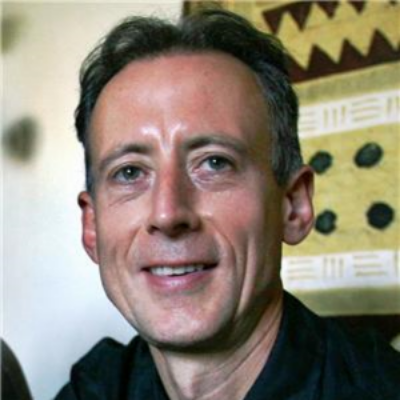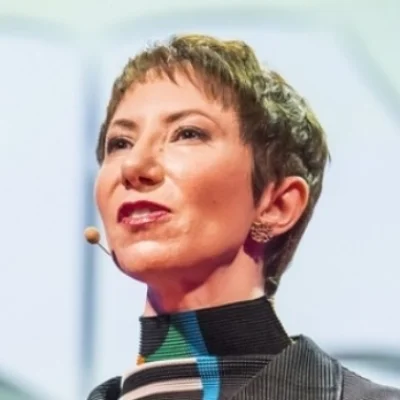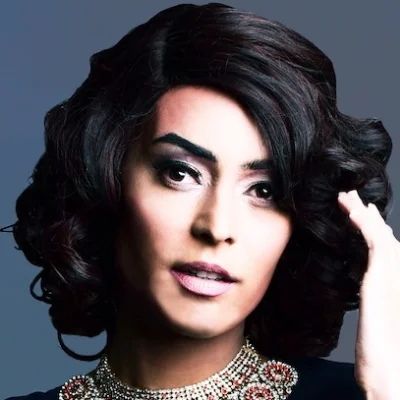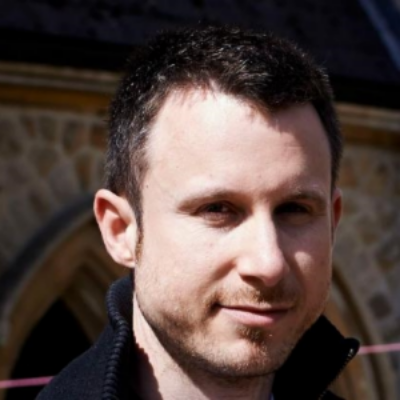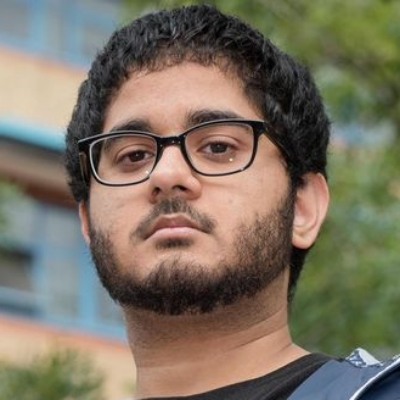Aria Alagha, Moderator.
Image courtesy Aria's website.
Peter Tatchell, image courtesy Peter Tatchell Foundation website.
Image courtesy Shereen El Feki.
Asifa Lahore, image courtesy Curtis Brown.
Matt Ogston, image courtesy the Independent.
Khakan Qureshi, image courtesy 76crimes.com
Sohail Ahmed, image courtesy the Mirror.
Aria Alagha (moderator) is a 31-year old social media expert based in London. He was born in Britain to Iranian parents and was taken to Iran for schooling from the age of six. With a childhood split between Tehran and Milton Keynes, and a sexual coming of age involving men in both countries, he has a keen personal understanding of the cultural differences that affect LGBT people in the Muslim world from all perspectives. Following a degree in Ethnomusicology at the School of Oriental and African Studies, Aria’s professional life has included representing clients ranging from actor and music artist Riz Ahmed (Four Lions, The Reluctant Fundamentalist) to MTV’s Shuga (an African drama series about safe sex). His project “It Came From Swagistan” focuses on celebrating cultural diversity in diaspora communities via social media.
Peter Tatchell was born in Melbourne, Australia, in 1952 and has been campaigning since 1967 on issues of human rights, democracy, civil liberties, LGBT equality and global justice. In 2009, he co-proposed a UN Global Human Rights Index, to measure and rank the human rights record of every country - with the aim of creating a human rights league table to highlight the best and worst countries and thereby incentivise governments to clean up their record and improve their human rights ranking. Peter coordinated the Equal Love campaign from 2010, in a bid to challenge the UK's twin legal bans on same-sex civil marriages and opposite-sex civil partnerships. The following year, he organised four gay couples and four heterosexual couples to file a case in the European Court of Human Rights, arguing that sexual orientation discrimination in civil marriage and civil partnership law is unlawful under Articles 8, 12 and 14 of the European Convention on Human Rights. He has proposed an internationally-binding UN Human Rights Convention enforceable through both national courts and the International Criminal Court; a permanent rapid-reaction UN peace-keeping force with the authority to intervene to stop genocide and war crimes; and a global agreement to cut military spending by 10 percent to fund the eradication of hunger, disease, illiteracy, unemployment and homelessness in the developing world. For more information, please visit the Peter Tatchell Foundation website.
Shereen El Feki (@shereenelfeki) is the author of Sex and the Citadel: Intimate Life in a Changing Arab World (Vintage, 2014), an internationally acclaimed study of sexuality and its intersection with politics, economics and religion in the Middle East and North Africa. Sex and the Citadel was nominated for the Guardian First Book Award, as well as the Orwell Prize. Shereen's TED talk on the book has been viewed more than 1.6 million times. As a Senior Fellow with Promundo, Shereen is currently leading the International Men and Gender Equality Survey Middle East and North Africa (IMAGES MENA), a ground-breaking study of men, masculinities and gender roles in Egypt, Lebanon, Morocco and the Palestinian Territories. The survey, asking 10,000 men and women what it means to be a man today, tests how a restricted definition of manhood may influence notions of sexual deviance in the Arab Muslim context. Shereen is also a Professor of Global Practice at the Munk School of Global Affairs, University of Toronto, as well as an Associate Fellow of Chatham House.
Asifa Lahore, the alter-ego of Asif Quraishi is Britain’s first out Muslim drag queen, pushing the boundaries of what it means to be Gay and Muslim. In 2014 Lahore came into the national spotlight when she was famously censored from discussing Islam and Homosexuality on BBC Free Speech. This caused uproar in the British press and allowed Lahore the rare opportunity to speak openly about the topic. She received death threats for her music videos and stage act due to highlighting the issue. Later that year Lahore was nominated by readers of The Independent newspaper for their Rainbow List of most prominent LGBT people in Britain entering the list at Number 86. In 2011, Lahore made her debut and won the bronze medal of the annual Drag Idol UK competition to find the newest cabaret talent in the UK. She went on to promote and DJ at London's top Gaysian club nights, before setting up her own night, Disco Rani. Asifa featured in Channel 4’s documentary Muslim Drag Queens which aired in August 2015 drawing an audience of 1.1 million viewers. As a result, Asifa became established as a leading figure within in the Gaysian community receiving the prestigious LGBT award at the Attitude Magazine Pride Awards. Asifa was also a judge for the Independent's Rainbow List and has spoken at the Oxford Union.
Matt Ogston grew up in South Birmingham and studied photography and filmmaking after leaving school. Just as the Internet was beginning, he started building websites for local businesses in his spare time. He has been building websites professionally ever since. Soon after Matt 'came out' to himself he met Naz in a nightclub in Birmingham. Naz was 21, Matt was 23. They quickly fell in love. They ran away to London to be themselves and escape the intense pressures of not being out to family and having to keep their relationship a secret. After 13 years together and engaged to be married, Naz sadly took his own life two days after being confronted by his family about his sexuality. It was the first time they had been faced with the truth that their son was gay, in a long term relationship with another man and planning to get married. Their solution was to tell Naz that he needed to be 'cured' for being gay. In memory of Naz, Matt has since gone on to set up the Naz and Matt Foundation, a charity which tackles religious homophobia. Their mission is to 'never let religion, any religion, come in the way of the unconditional love between parents and their children'.
Khakan Qureshi is the youngest of 7. His father was a Founder member of Birmingham Central Mosque. Khakan came out to his family when he was aged 22, shortly after meeting his lifetime partner, who was then aged 43. They have been together for 24 years now. Khakan has 14 years experience of working with a spectrum of vulnerable adults within the field of Heath and Social care. Comfortable identifying as a gay man, in an interracial & interfaith relationship, he has challenged stereotypes and overcome the dual discrimination of both homophobia and Islamophobia. Khakan was the first Muslim gay man to appear on Channel 4 reality TV show Come Dine With Me in 2010 and several other TV shows to try and highlight the existence of gay, Muslim people and raise awareness in a 'creative way'. The reactions received galvanised him to start exploring how others managed to respond to media and community reactions when faced with the misconception that one can't be gay and have a faith. In 2014, Khakan founded Birmingham South Asians LGBT - Finding A Voice, Birmingham's first independent, multi-faith, non-funded social and support group for South Asian LGBT men and women aged 18+. Khakan was ranked number 35 on the Independent Rainbow List 2015 and has written several articles discussing homophobia and prejudices within South Asian communities.
Sohail Ahmed is a former Salafi Islamist, who refers to himself as an Agnostic Deist and Cultural Muslim. He is openly gay and campaigns for ex-Muslim rights, against Islamist radicalisation on university campuses, and for women’s rights and LGBT rights. At Queen Mary University, Sohail helps to run the Atheism, Secularism and Humanism society. At age 21, Sohail came out on Facebook, simultaneously as gay and as an ex-Muslim, after facing rejection from his family, resulting in severe depression and anxiety culminating in a suicide attempt, thwarted by his father. Despite this rescue, Sohail was forced by his father to endure at least four exorcisms, during which time he was subjected to what he describes as a "force-field of belief, that drew [him] into it and affected [his] own beliefs". This period was preceded by bouts of heated arguments between Sohail and his parents, concerning the existence of God and their close-minded views surrounding non-Muslims, or kuffaar. Sohail has studied alternative interpretations of the textual sources of Islam as it refers to homosexuality. After looking into the theology behind progressive, gay-inclusive interpretations in Islam, including “Homosexuality in Islam” by the Islamic academic Scott Kugle, he came to the conclusion that being gay is not contradictory to Islam. Sohail now speaks out against prejudice aimed at LGBT Muslims, appearing recently on Reggie Yates' BBC 3 series, Extreme UK: Gay and Under Attack.


